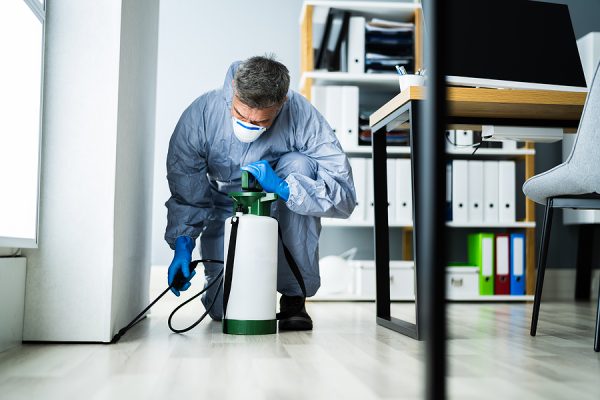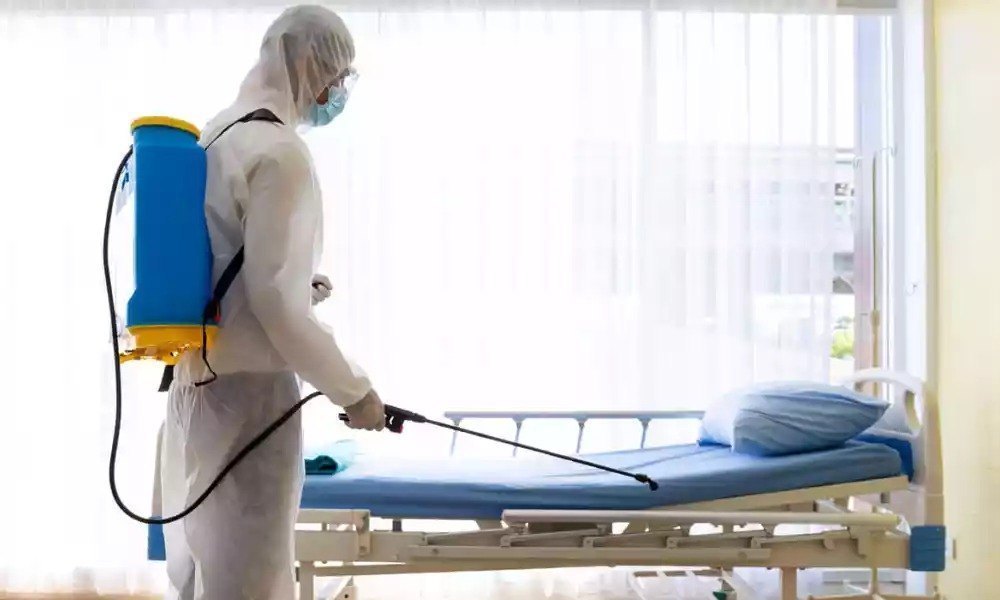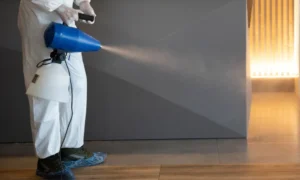In addition to being a nuisance in the summer, mosquitoes are dangerous because they can spread a number of illnesses. Comprehending the life cycle of mosquitoes is essential for efficient management in North West Atlanta. The four stages of a mosquito life cycle are egg, larva, pupa, and adult. These pests usually flourish in warm, humid environments, and when temperatures climb over 50°F, the adult stage emerges. As a result, keeping an eye on environmental factors and temperatures is crucial for deciding when to put control measures in place.
When to Begin Implementing Control Measures
Mid-March to early April is the best time of year to start mosquito control measures in North West Atlanta. The end of winter and the start of warmer temperatures during this period promote mosquito activity. Mosquito populations can be considerably decreased by property owners by focusing on the early phases of their life cycle. Larvicides can be applied to water sources, standing water where mosquitoes breed can be removed, and natural predators can be introduced to destroy larvae before they become adults. Hiring the mosquito control in North West Atlanta would be perfect here.
The Right Time: Mid-Season Modifications
Adult mosquito populations start to increase as temperatures steadily rise in May and June. At this point, it is imperative to intensify control efforts, emphasizing both prevention and eradication. In addition to installing mosquito traps, residents should think about using adulticides on a regular basis. Mosquito habitats can also be greatly reduced by keeping your yard tidy, pruning your plants, and clearing away any garbage. Monitoring is crucial at this busy time of year; being proactive guarantees that populations stay under control.

Final Control Steps: How and When
Temperatures in North West Atlanta start to decrease as fall draws near, which means it’s time to scale back mosquito control efforts. Adult mosquitoes typically start to decline by late September or early October when the colder weather brings an end to their life cycle. This does not imply that all efforts should stop, though; in order to keep mosquitoes from overwintering, property owners should keep up their efforts to remove standing water and keep their surroundings clean. Reducing control measures at the right time can save money and guarantee maximum efficacy.
Integrated Pest Management and Natural Alternatives
Eco-friendly mosquito control methods are gaining popularity among locals. For a more thorough strategy, integrated pest control (IPM) blends chemical, biological, and cultural tactics. This could entail spraying organic larvicides, using bats and birds as natural predators, and introducing plants that repel mosquitoes. To maximize their impact, these activities must be timed to coincide with North West Atlanta’s seasonal variations and mosquito life cycle.
Conclusion
Timing is key to effective seasonal mosquito control in North West Atlanta. Residents can drastically lower the mosquito population in their area by being aware of the life cycle of mosquitoes and modifying control methods according to the seasons. By beginning early in the spring, continuing through the hottest summer months, and reducing the pace as fall approaches, the community can enjoy a comfortable outdoor experience while lowering the health concerns related to these pests.




